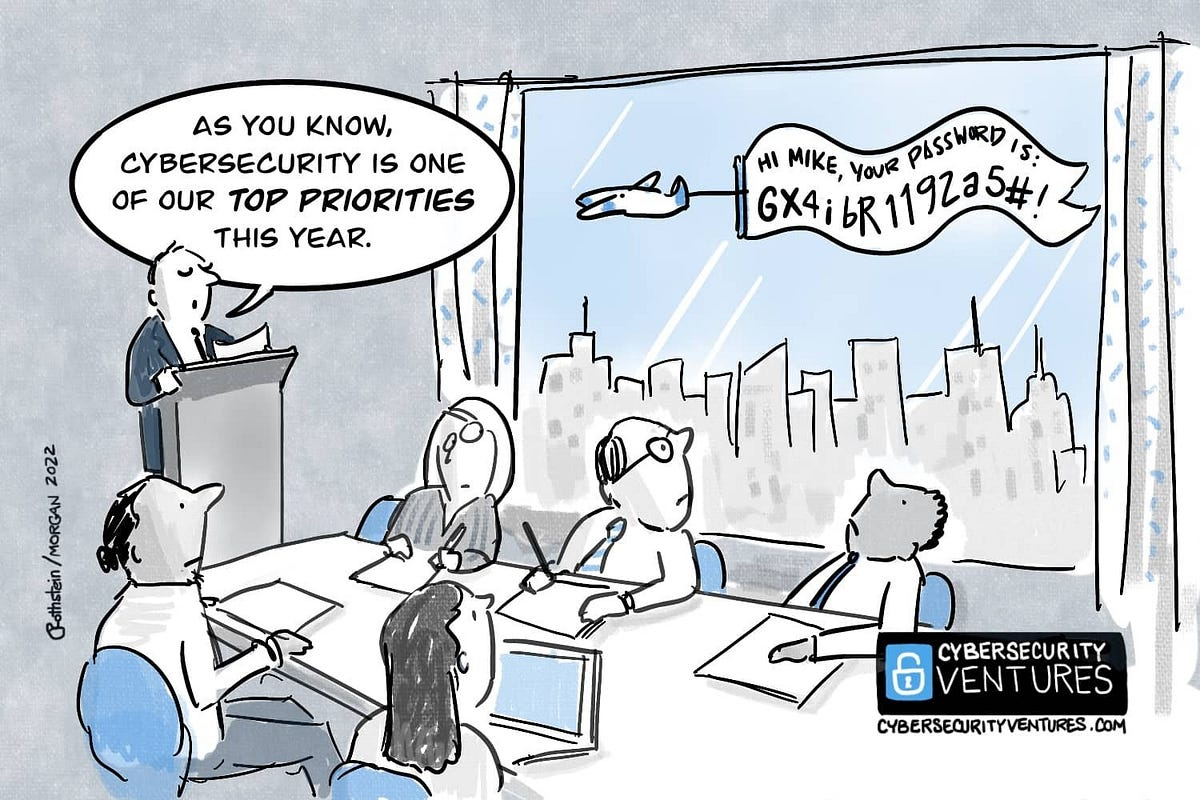Navigating the Digital Frontier: Reflections on Cyber-Vigilantism, Digital Footprints, and the Right to Be Forgotten
Cyber-Vigilantism and Cyber-Shaming:
Cyber-vigilantism, driven by the power and anonymity of online platforms, has emerged as a mixed blessing in the realm of digital justice. While it can be a powerful tool for holding wrongdoers accountable and raising awareness about social injustices, it also carries the potential for abuse and vigilantism. The fine line between righteous advocacy and cyber-shaming is often blurred, highlighting the need for ethical considerations and responsible engagement in online activism. It becomes imperative to approach digital activism with empathy, integrity, and a commitment to fostering constructive dialogue rather than perpetuating harm.
Digital Footprints:
Our digital footprints are made up of the traces we leave behind through our online interactions, and they paint a vivid picture of our virtual identities. From social media posts and search queries to online purchases and browsing history, every click and keystroke contributes to the intricate tapestry of our digital footprint. As we contemplate the breadth and depth of our digital presence, we are confronted with questions of privacy, security, and the permanence of our online legacy. Understanding the implications of our digital footprints empowers us to make informed decisions about our online behaviour, safeguard our privacy, and curate our digital identities with intentionality and care.
The Right to Be Forgotten:
In an era where information is omnipresent and digital memories are etched in perpetuity, the concept of the right to be forgotten emerges as a contentious issue at the intersection of privacy and freedom of expression. Advocates argue that individuals should have the right to request the removal of outdated or irrelevant information from online platforms, allowing them to move forward without the burden of past indiscretions haunting their digital presence. However, critics raise concerns about the potential censorship and erosion of public knowledge that may result from the indiscriminate removal of online content. As we grapple with these complex considerations, striking a balance between the right to privacy and the public's right to access information becomes paramount.
As we continue to navigate the digital landscape, the topics of cyber-vigilantism, digital footprints, and the right to be forgotten serve as poignant reminders of the intricacies and ethical dilemmas inherent in our online existence. By engaging in thoughtful reflection, fostering open dialogue, and advocating for digital rights and responsibilities, we can navigate the digital frontier with integrity, empathy, and a commitment to upholding the principles of justice and equity in the digital age.


Comments
Post a Comment